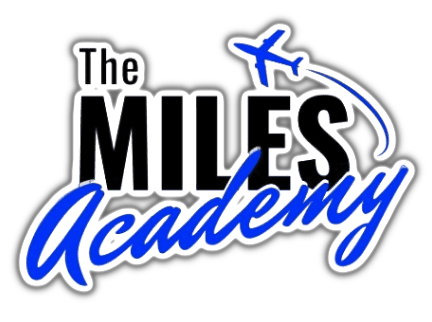Flight delays can quickly derail plans, yet you still have powerful ways to protect your trip and your wallet. In this guide, we explain what you are legally entitled to, what airlines commonly provide during disruptions, and how cards can reimburse the expenses airlines do not cover. We focus on U.S. and international journeys that touch the United States, highlight the most important DOT and EU rules, compare major issuer travel protections, and give you step by step actions to take when delays strike.
Legal Rights For Flight Delays
U.S. law does not require airlines to pay cash solely because a flight runs late, which differs from compensation regimes in other regions. Federal payouts are mandated primarily for involuntary denied boarding, not ordinary delays that occur during operations. Even so, U.S. regulations give you strong refund rights and practical safeguards that you can invoke when your plans get disrupted.
Refunds For Significant Delays And Cancellations
If a domestic flight is delayed by three hours or more and you decide not to travel, you can request a full refund to your original form of payment. If an international flight is delayed by six hours or more and you decline the alternative, the same refund right applies without being forced to accept a credit or voucher. The DOT’s 2024 definition of a significant change prevents narrow interpretations that previously allowed denials, which gives you a clear standard to cite.
When a flight is canceled, the airline must rebook you for free on the next available option or refund you if you choose not to fly. The 2024 rule requires automatic refunds to the original payment method rather than travel credits, which removes friction from the process. If you paid by card, refunds must be processed promptly, typically within seven business days, while other payment types have different timelines.
Tarmac Delay Protections You Can Rely On
DOT rules limit tarmac holds to three hours for domestic flights and four hours for international flights, with safety and air traffic exceptions. Once a delay exceeds two hours on the tarmac, the airline must provide water, food, working lavatories, and access to medical care if needed. These rules do not pay passengers directly, yet the DOT can penalize carriers, which encourages compliance.
Amenities Are Policy Based, Not Federally Mandated
Outside tarmac situations, airlines are not federally required to provide meals or hotels for routine delays. Each carrier sets customer service policies that determine when it will cover meals, lodging, and ground transport for controllable disruptions. The DOT’s Airline Customer Service Dashboard pushed airlines to publish minimum commitments, and all major U.S. carriers now pledge specific amenities for long controllable delays.
International Itineraries And The Montreal Convention

For international trips covered by the Montreal Convention, airlines may be liable for provable financial losses caused by delay unless they took all reasonable measures to avoid it. Article 19 allows you to claim reimbursement for meals, lodging, and similar expenses up to defined limits, which usually begins with filing directly with the airline. If the airline denies a valid claim, you can pursue further remedies, although this path is less automatic than EU compensation schemes.
International Passenger Rights: Leverage Stronger Laws Abroad
Many regions outside the United States impose cash compensation and care obligations for lengthy delays. EU Regulation 261/2004 applies to flights departing the EU and flights to the EU on EU carriers, and it grants fixed cash payouts when you arrive three hours or more late unless extraordinary circumstances caused the delay. Compensation scales by distance at €250, €400, or €600 per traveler, and care obligations include meals, communications, hotels, and transport when waits stretch overnight.
If a delay surpasses five hours, you must be offered the option to abandon travel for a full refund and, when partway through a trip, transportation back to your origin. These rights apply regardless of ticket price or cabin, provided you checked in on time and your flight meets the regulation’s scope. You will usually need to submit a claim rather than expect automatic payment, so file promptly and keep documentation.
Post‑Brexit, the United Kingdom maintained a regime similar to EU261, often called UK261, which mirrors compensation and care standards. Canada’s Air Passenger Protection Regulations require compensation from large carriers for controllable delays of three hours or more and set standards of treatment for affected travelers. Other nations like India, Israel, and Brazil enforce their own passenger rights, so always check local rules for wholly domestic flights abroad.
What Airlines Commonly Provide During Delays
All airlines will rebook you for free on the next available flight to your ticketed destination when delays become significant or cancellations occur. If your carrier has nothing until the next day, ask whether your ticket can be endorsed to a partner or another airline with a seat available. Legacy carriers often have interline agreements that enable this option, while many ultra low cost airlines do not.
Meals, Vouchers, And When To Expect Them
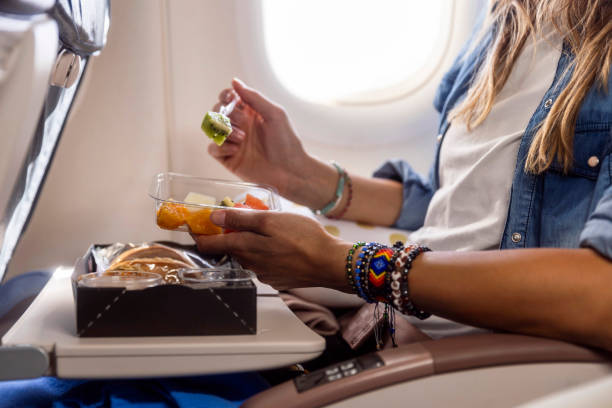
For controllable delays that cross mealtimes, airlines often hand out meal vouchers or prepaid cards, and the DOT dashboard shows public commitments for waits of three hours or more. If the cause is a maintenance issue or crew timing, you should expect a voucher or reimbursement for a reasonable meal at the airport. When weather or air traffic triggers the delay, you usually cover your own food and later look to trip delay insurance from your card.
Hotels For Overnight Disruptions
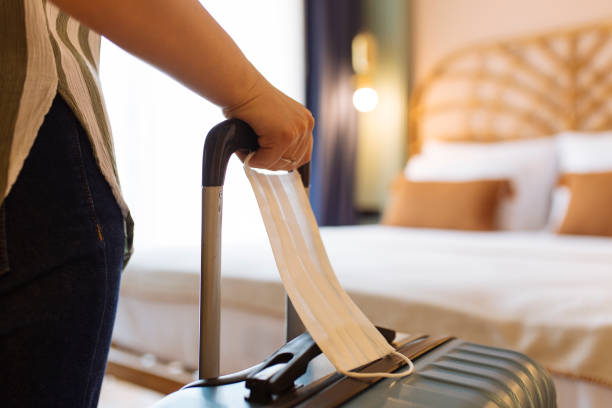
When a controllable issue forces an overnight, major U.S. airlines pledge complimentary hotel accommodations. You will typically receive a hotel voucher and instructions or transport support, which keeps immediate costs off your card while you wait. If weather caused the problem, hotels are generally not provided, although goodwill exceptions happen and vary by carrier.
Ground Transportation Between Airport And Hotel

If the airline provides a hotel, it will also arrange or reimburse reasonable transportation to and from the property. This can be a shuttle, a rideshare voucher, or reimbursement for a taxi, and receipts are important when you pay first. The DOT dashboard shows most major airlines commit to complimentary ground transport in these scenarios, which saves time and money.
Partner Rebooking And When To Request It

Legacy carriers sometimes rebook you on partners when their next option would arrive unreasonably late, and this is more common for controllable disruptions. Because these agreements are voluntary, you may need to ask directly for a partner endorsement when your airline cannot move you soon. Always be polite and specific about acceptable alternatives, which helps agents find a workable seat.
Vouchers, Credits, And Miles As Goodwill
U.S. airlines do not promise cash for long delays, yet several carriers will offer travel credits or miles after severe disruptions when you request consideration. Programs at Alaska, JetBlue, Southwest, and Hawaiian include pledges of vouchers or miles for controllable delays that exceed three hours. Amounts vary, so document the hardship and submit a concise post trip request to customer relations for the best chance of success.
Bumping Rules Versus Ordinary Delays
Involuntary denied boarding due to oversales triggers federally mandated cash compensation based on your arrival delay with caps that can be substantial. Payment should be made by check or cash at the airport, and you do not have to accept a voucher when you were bumped against your will. Voluntary bumping is a negotiation where you decide if the offered voucher or miles make the inconvenience worthwhile.
Airlines will rebook you without charge, feed you during long controllable waits, and provide hotels when their operations caused an overnight. They rarely hand out cash for standard delays in the United States, although goodwill credits and miles are possible when you follow up. In Europe and similar jurisdictions, you should also claim cash compensation when eligible under local rules.
How Cards Protect You During Delays
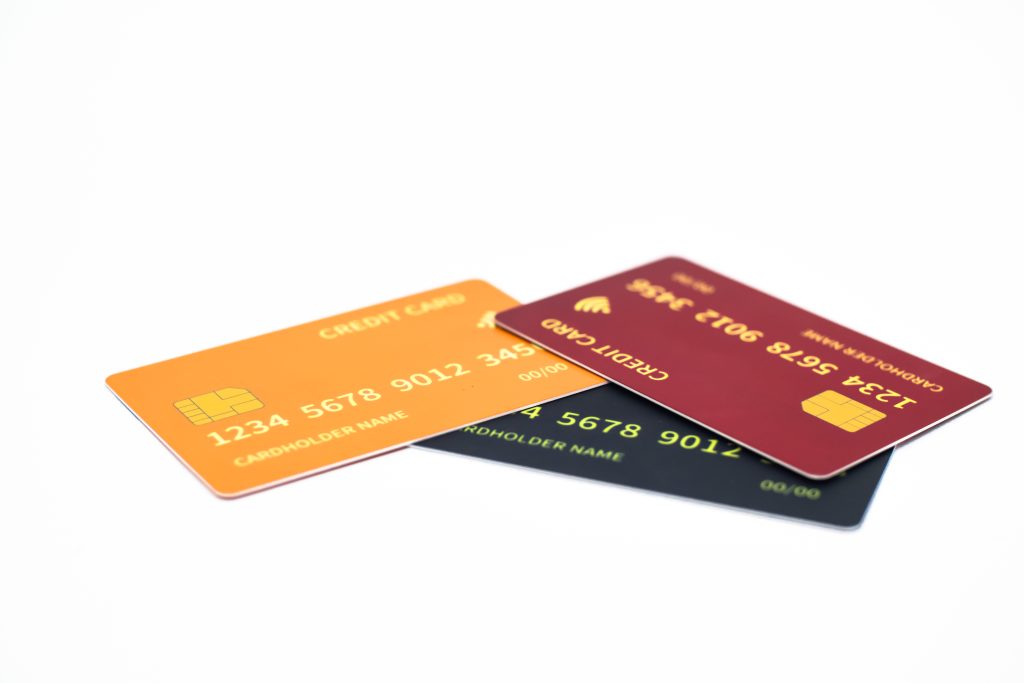
Trip cancellation and interruption insurance reimburses prepaid, non refundable travel expenses when covered events force you to cancel or cut a trip short. Trip delay insurance reimburses reasonable costs like meals, lodging, toiletries, and ground transport when a covered delay exceeds the stated threshold. Baggage benefits cover delays with daily allowances and compensate for lost or damaged bags up to per person caps that supplement airline payments.
Card insurance usually pays secondary to airline or other compensation, which prevents double recovery. If the airline gives you a fifteen dollar meal voucher and you spent thirty dollars, you would claim the remaining fifteen dollars within policy limits. Benefit administrators require proof of delay, itemized receipts, and timely notice, so save everything and open your claim promptly.
Travel Insurance Differences By Major Issuer
| Benefit | Chase | American Express | Capital One |
|---|---|---|---|
| Trip Delay Reimbursement | More than 6 hours or an overnight stay. Reimbursement: up to $500 per person, per ticket or trip, for meals, lodging, and ground transport. Eligibility: pay with the card or its rewards and submit proof of delay with itemized receipts. | More than 6 hours for a covered reason. Reimbursement: up to $500 per trip, with a maximum of two approved delay claims in a rolling 12 month period. Eligibility: round trip purchase on the card is required, and coverage is secondary to other payers. | More than 6 hours or an unexpected overnight. Reimbursement: up to $500 per eligible traveler per trip, typically covering the cardholder, spouse, and dependent children. Eligibility: travel paid with the card or with the program’s miles is generally included when you document the delay and expenses. |
| Trip Cancellation / Interruption | Up to $10,000 per person and up to $20,000 per trip for prepaid, non refundable expenses. Covered reasons commonly include illness, injury, severe weather, and other listed hazards in the guide to benefits. Requirement: pay with the card or its rewards and provide documentation of the cause and losses. | Up to $10,000 per trip, with a maximum of $20,000 reimbursed in a 12 month period across claims. Covered reasons include illness for you or a travel companion, severe weather, jury duty, military orders, and other listed events. Requirement: pay in full with the card or the card’s points and provide all supporting documents. | Up to $2,000 per person for prepaid, non refundable common carrier fares. Covered reasons are narrower, typically illness, injury, death of the traveler or an immediate family member, or carrier insolvency, while weather is generally excluded. Requirement: pay with the card and follow claim instructions exactly as stated in the benefits guide. |
| Baggage Delay | Bag delayed more than 6 hours. Benefit: about $100 per day for up to five days to purchase essentials, with separate coverage for lost or damaged bags up to a per person cap. Coordination: airline payments come first and the card fills the gap within limits. | Baggage delay is not provided on this product. Benefit instead focuses on lost or damaged luggage, typically up to $2,000 per checked bag and $3,000 total per person in excess of the airline. Coordination: file with the carrier first, then use the card to supplement within the stated caps. | Baggage delay coverage is included with terms similar to other Visa Infinite offerings, which you should confirm in your guide to benefits. Lost or damaged baggage is typically covered up to $3,000 per passenger after the airline pays its portion. Coordination: keep receipts and airline claim records to support reimbursement. |
| Notes And Limits | Secondary coverage applies after airline or other insurance payments, and you must notify the administrator promptly, often within 60 days of the incident. Keep boarding passes, proof of delay, and itemized receipts to prevent processing delays, and submit everything within the portal’s deadlines. Always review the latest guide to benefits before travel to confirm triggers, caps, and excluded causes. | Coverage is secondary, round trip purchase is required on many protections, and timelines matter, including notice within 60 days for trip delay or cancellation and shorter windows for baggage claims. Save every receipt, claim number, and airline document to speed processing, and expect follow up requests if anything is missing. Review current terms before each trip to ensure you meet conditions and claim within allowed periods. | Coverage is secondary, claim windows typically range from 30 to 60 days to open a case depending on the benefit, and documentation is strictly required. Cancellation covered reasons are more limited than some competitors, so verify before booking if this is critical to your plan. Confirm redemptions made with the program’s miles qualify as eligible payment and keep statements for proof. |
When a delay pushes you into unexpected spending and the airline declines assistance, trip delay insurance can refund the reasonable costs you incurred. Imagine a weather delay that causes an overnight, and you spend one hundred fifty dollars on a hotel and thirty dollars on dinner after the airline declines lodging. If you booked the fare with an eligible product and provide receipts plus proof of delay, your reimbursement should cover the difference within policy limits.
Missed Connections And Sunk Costs You Can Recover
Trip interruption coverage can reimburse non refundable tours, prepaid hotel nights, or a one way economy ticket to rejoin your itinerary when a covered delay cascades. The key is to document the reason, collect confirmations, and save all receipts so the administrator can validate the loss. Insurance does not pay for inconvenience or lost time, so focus on actual financial impacts that you can prove.
Points, Miles, And When Coverage Still Applies
Many premium products extend protections when you redeem points or miles from the same program rather than paying cash, which is helpful for portal bookings. Keep your booking confirmation and a statement screenshot that shows the redemption so you can prove eligible payment. Read your guide to confirm redemption rules and any exceptions, then include that evidence in your claim packet.
Best Practices To Maximize Reimbursements And Protection

Learn the basics of your airline’s contract of carriage and any applicable passenger rights for your route so you can assert them politely. In Europe, if arrival will be three hours or more late, ask about EU261 compensation and plan to file the claim form after travel. In the United States, remember that you can decline rebooking for long delays or cancellations and request a full refund instead when thresholds are met.
Keep Receipts, Proof, And A Simple Paper Trail
Save boarding passes, itineraries, delay notifications, and any statement from the airline that confirms the cause and length of the disruption. Store itemized receipts for meals, snacks, lodging, rideshares, taxis, toiletries, and clothing, which benefit administrators will request. Be ready to show proof of payment on your statement and a flight status screenshot or email, which speeds approval.
Use Assistance Lines And File Claims Promptly
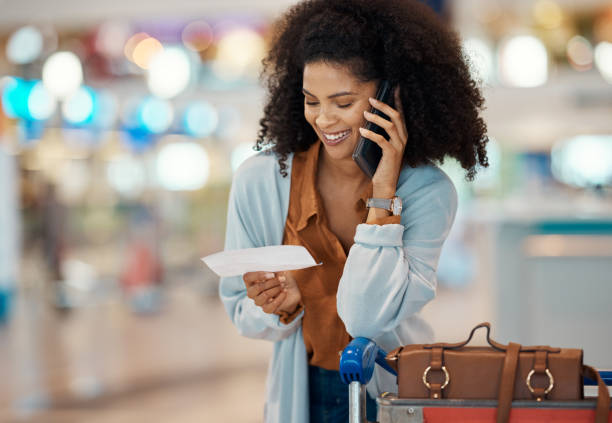
If you expect significant costs, call your card’s assistance or the benefit administrator for guidance before spending. Open your claim within stated timelines, which are commonly twenty to sixty days, and then upload documents through the portal without delay. Filing early reduces back and forth, accelerates reimbursement, and minimizes the chance of missing deadlines.
Coordinate With Separate Travel Insurance Wisely
If you bought a standalone policy, decide which coverage suits the loss best and avoid double claiming. For modest outlays, the card’s trip delay benefit is often the smoothest option with no deductible. For very large interruption losses, a comprehensive policy might have higher limits and broader covered reasons depending on the plan.
Ask Airlines First, Then Spend Prudently
Because card benefits are secondary to airline obligations, ask the carrier for rebooking, meal vouchers, and hotels before you purchase alternatives. Do not book high end options without checking whether the airline will provide a reasonable solution, because excess spending can lead to partial reimbursement. Keep your choices necessary, modest, and well documented to align with policy expectations.
Document Conversations And Seek Goodwill Later

Write down names, times, and outcomes of your interactions with airline agents and supervisors, and save any vouchers they issue. Keep claim numbers and correspondence for EU261 filings or card insurance submissions so you can follow up without confusion. After travel, send a short, polite request to customer relations for goodwill consideration, which can yield extra miles or credits.
Choose The Right Card Before You Book
Match your card’s protections to the trip’s biggest risks so you start with the best safety net. If checked baggage is likely, prioritize baggage delay coverage, and if winter weather is a concern, choose strong trip delay benefits with clear triggers. Download your guide to benefits and store emergency numbers before departure so you can act fast when plans change.
Turn Delays Into Manageable Detours
Delays are part of modern travel, but you can turn chaos into control by combining airline obligations, card protections, and solid documentation. Start by requesting what your airline publicly promises, then use trip delay and interruption benefits to cover what the airline does not provide. With the right prep and a calm, organized approach, you keep costs in check and keep your trip moving even when flights run late.
Join Our Free Points & Miles Community
You do not have to navigate delays alone because our free Points & Miles community shares tips, claim strategies, and success stories. We post airline policy updates, step by step checklists, and sample messages you can use at the airport or in claims portals. You will also find expert answers from our team and fellow travelers who have solved the same problems you are facing.

Inside, you will get flight deal alerts, transfer bonus reminders, and practical ways to stack protections from cards with airline obligations. We host quick guides on lounge access during disruptions, how to escalate politely, and how to keep receipts and timelines organized for fast approvals.
Join free today, learn smarter tactics, and turn every delay into an opportunity to save time and money.
